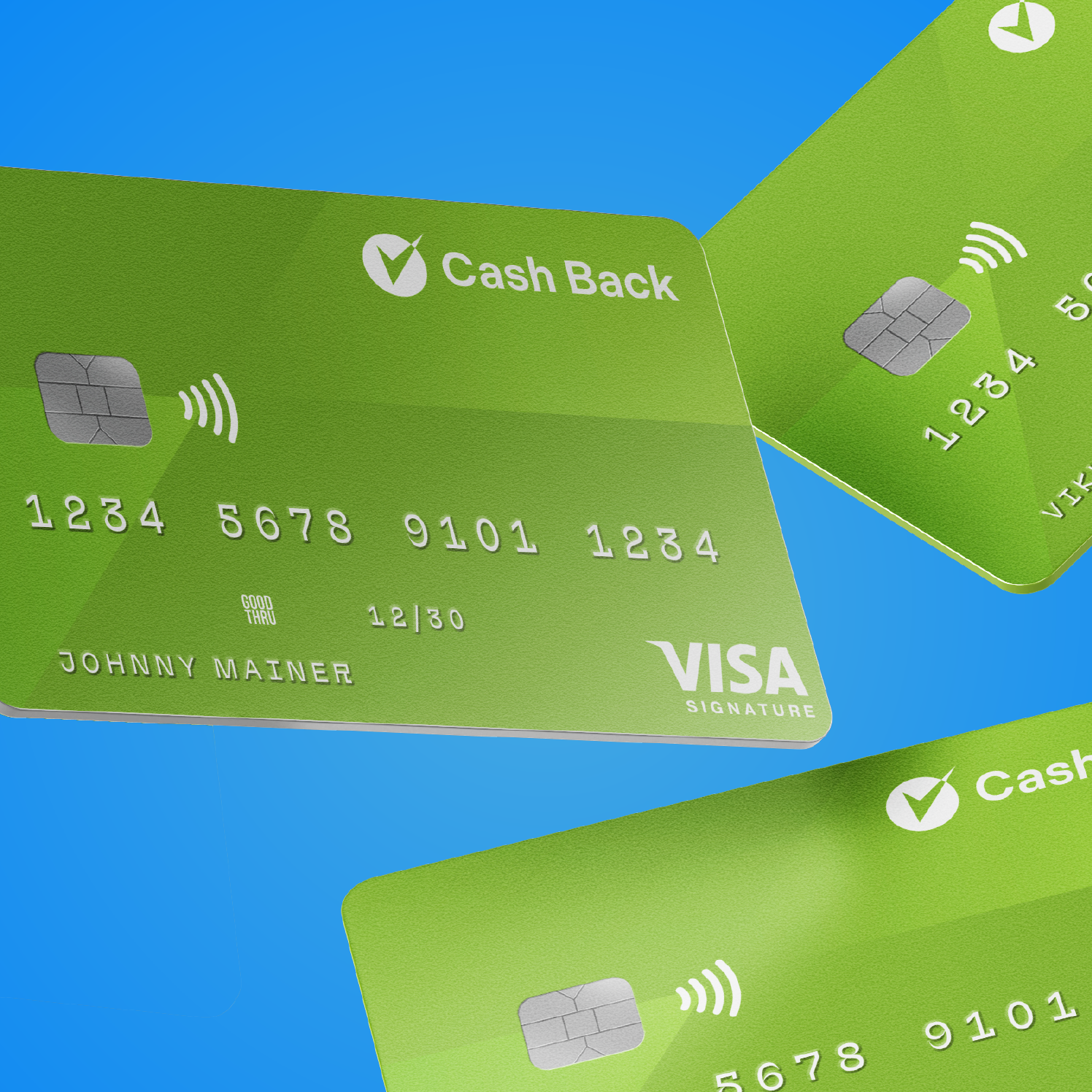Overdraft Protection Options
Sometimes, you don’t have quite enough in your checking account to cover a purchase. It happens. That’s why TruChoice offers members overdraft protection options. Whether it’s a debit card purchase, your mortgage payment, or an automatic payment you forgot, we’ve got you covered.
What is overdraft protection?
An optional service you can add to your checking account that links to a savings account. If you overdraw your checking account, we automatically pull funds over from the linked account. There is a fee for this service. See our fee schedule for details.
Questions about your current overdraft protection? In online banking, look for account details under your checking account. Contact us or send us a secure message from online banking if you would like to add or remove this option or link another account.
What if I don’t have enough in my linked account to cover the overdraft?
Privilege Pay is a service we offer to help cover transactions when you don’t have enough funds in your checking or linked account. You can choose what kind of transactions it will cover (debit, ACH, ATM, etc.) See details about opting in or out.
If you have Privilege Pay set up, we will cover a charge even if it overdraws your account. The overdrawn amount (plus any fees incurred as a result of the overdraft) needs to be paid back within a set timeframe. See our membership agreement for details (available upon request). Privilege Pay is provided at our discretion and can be revoked at any time, including in cases of excessive use, account abuse, and non-repayment of overdrawn funds.
To opt in or out of Privilege Pay, or to see if you qualify and for what amount, please reach out and we’d be happy to review your account options.
Automatic Privilege Pay
This service is put on checking accounts after they have been opened for 60 days. It includes payment of checks, ACH items, automatic (reoccurring) transactions, Bill Pay, and teller transactions.
Opt-in Privilege Pay
This covers debit cards and ATM transactions, and you must opt-in for the service. It allows us to approve ATM and one-time debit card transactions (not recurring payments).
Your responsibilities
- Negative balance accounts must be brought positive within 10 days.
- If accounts remain negative, on the 10th day Privilege Pay will be revoked until accounts are brought positive.
- Accounts still negative after 45 days will be closed, and you will remain responsible to the credit union for the balance owed.




